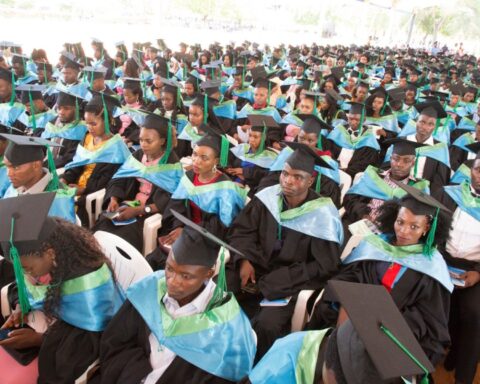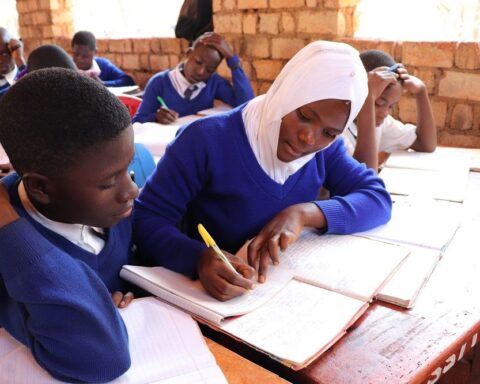In Tanzania’s scenic landscapes and vibrant streets, a significant but overlooked crisis plagues the education sector: a critical lack of qualified teachers. Beneath the surface of picturesque surroundings, overcrowded classrooms, limited resources, and compromised educational achievements paint a stark reality.
For decades, educators, parents, and policymakers have raised concerns about the critical shortage of teachers affecting primary and secondary schools nationwide. The increasing need for quality education, combined with a lack of adequately trained educators, has led to a systemic imbalance that poses a threat to Tanzania’s developmental goals.
As classrooms overflow with enthusiastic young learners, the pressure on the education system grows more evident. Schools lacking sufficient staff face challenges in catering to the varied needs of their students, widening gaps in educational achievements and perpetuating inequalities. The scarcity of teachers in remote rural regions poses a significant obstacle, limiting educational opportunities for marginalized communities and perpetuating the cycle of poverty.
Also Read: PSSSF tasked to intensify education on service provision
In response to the prevailing challenges, the Government of the United Republic of Tanzania has launched a proactive initiative to address the teacher shortage. Acknowledging the pivotal role of education in national development, the government has commenced an extensive recruitment campaign to hire 12,000 teachers, aiming to narrow the widening gap in the education sector.
This ambitious effort signifies a significant turning point in Tanzania’s efforts to rejuvenate its education sector and guarantee fair access to quality education for everyone. Nevertheless, the journey ahead is rife with challenges, including logistical complexities and bureaucratic obstacles, each posing formidable hurdles to the achievement of this ambitious goal.
As the government prepares for the recruitment process, pressing questions remain: Will the arrival of new teachers adequately address the increasing demand? How will the government tackle systemic challenges like teacher retention and professional growth? Most importantly, what steps will be taken to guarantee that every child, irrespective of their background or situation, accesses the education they merit?
As Tanzania stands on the brink of significant change, the effectiveness of this initiative relies not just on political determination and administrative effectiveness, but also on the united determination of citizens to support the cause of education. From the halls of power to the modest classrooms in rural areas, the future of Tanzania’s education system teeters on the edge, anticipating the crucial actions of those responsible for shaping the fate of future generations.





You completed certain fine points there. I did a search on the matter and found nearly all persons will consent with your blog.